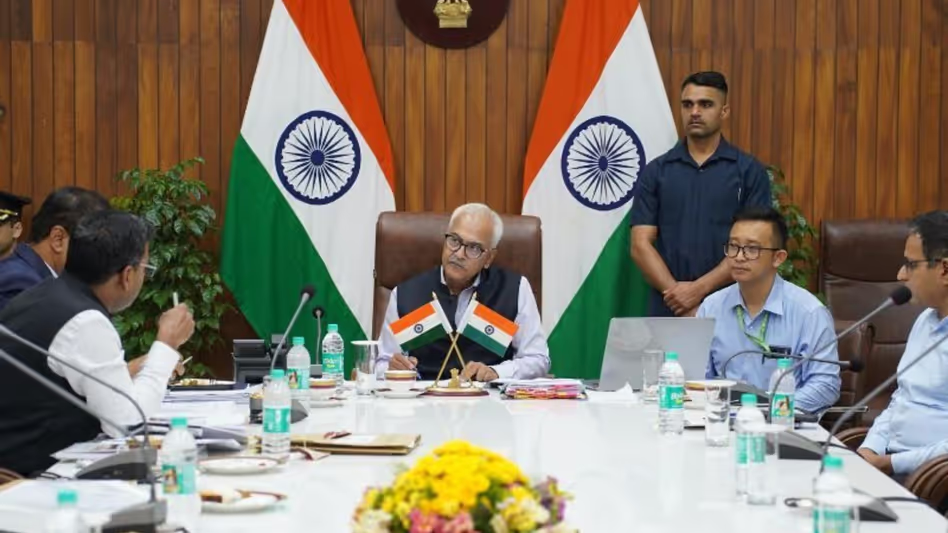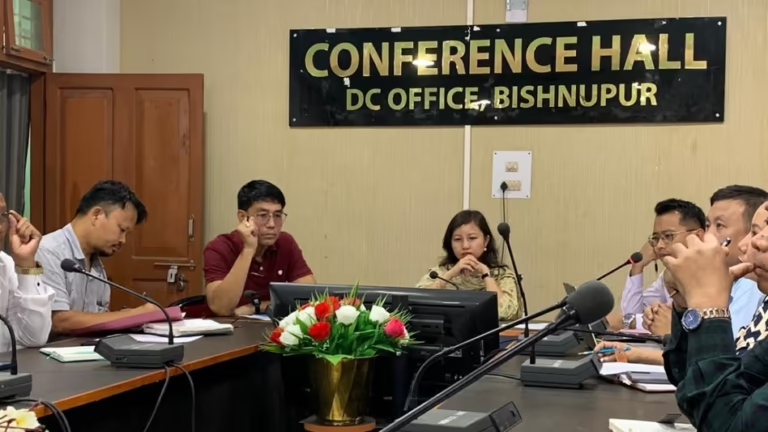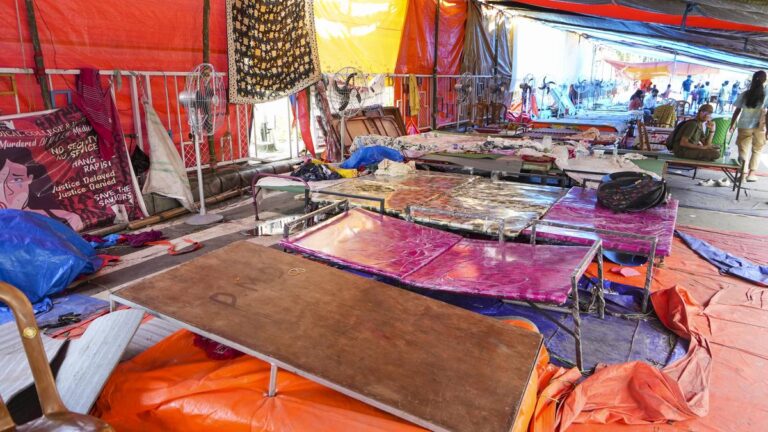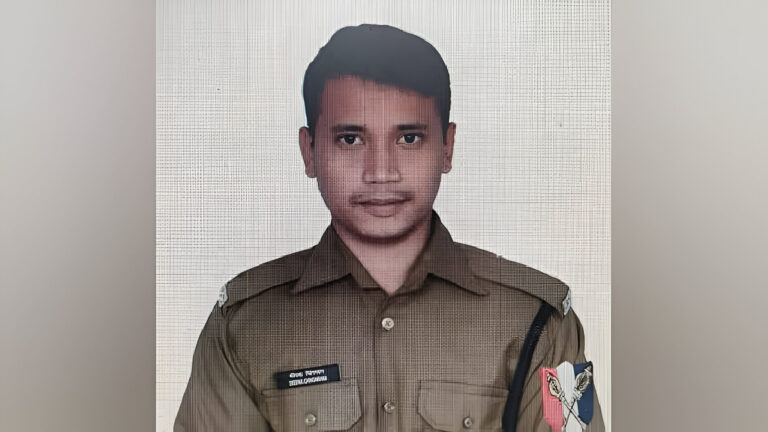Manipur Governor-in-Council Approves Major Initiatives to Boost Nursing Education and Healthcare Research
The Manipur Governor-in-Council approved a package of healthcare and education measures on September 22, 2025, that includes the establishment of multiple B.Sc. Nursing colleges (in Thoubal and Churachandpur), additional state-funded GNM nursing schools, and measures to address longstanding seat shortages in nursing courses. The Council also raised undergraduate (MBBS/BDS) internship stipends at JNIMS and sanctioned staff recruitment for a new Multi-Disciplinary Research Unit (MRU) to strengthen medical research capacity. These changes aim to reduce the nursing-seat deficit, expand healthcare access particularly in rural districts, and boost research and training capacity across the state.
- Two B.Sc. Nursing colleges to be set up under the Central Sector Scheme for the Development of Nursing Services, specifically in Thoubal and Churachandpur.
- An additional B.Sc. Nursing college at Churachandpur under the Central Sponsored Scheme titled “Augmenting Nursing Education — Establishment of New Colleges of Nursing (Co-located with Medical Colleges).”
- Two new state-funded GNM (General Nursing and Midwifery) nursing schools in Thoubal and Churachandpur, meant to replace older schools being phased out after upgradation.
- A stipend increase for MBBS and BDS undergraduate interns at Jawaharlal Nehru Institute of Medical Sciences (JNIMS), rising from ₹15,210 to ₹25,000 — the first increase since 2015.
- Sanction for recruitment of staff to establish a Multi-Disciplinary Research Unit (MRU) at JNIMS under the Ministry of Health & Family Welfare scheme for health research infrastructure.
Numbers can be arid, but they’re brutally honest. Here’s the situation as it stands:
- Manipur currently has 14 GNM schools (2 government and 12 private) with a total intake of 519 seats, while more than 800 qualified applicants apply yearly.
- Similarly, the state has 16 B.Sc. Nursing colleges (2 government and 14 private) with 610 seats, against over 1,600 applicants annually.
- That translates to an approximate shortfall of 40% for GNM courses and 64% for B.Sc. Nursing seats.
FAQs
Q1: When will the new B.Sc. Nursing colleges in Thoubal and Churachandpur start admitting students?
A: The Council has approved the establishment; the exact admission timelines will depend on infrastructure readiness, regulatory approvals, and notifications from the State Health and Education departments. Watch official state releases and the Nursing Council’s announcements for admission schedules.
Q2: Does the increase in intern stipend at JNIMS apply immediately to current interns?
A: The Council approved the stipend revision from ₹15,210 to ₹25,000. Implementation timing (whether retroactive or from the next financial cycle) will be clarified in administrative orders from JNIMS and the Health Department; interns should check official JNIMS communications for precise dates.
Q3: Will the new GNM schools replace older institutions?
A: The approvals include two state-funded GNM nursing schools in Thoubal and Churachandpur, intended to compensate for existing schools that are slated to be phased out after upgradation. The transition aims to preserve training capacity while modernizing facilities.
Q4: What kinds of research will the MRU at JNIMS focus on?
A: The MRU is expected to support biomedical innovation and clinical studies tailored to regional health priorities — from infectious diseases to maternal and child health. Exact research themes will depend on recruited staff expertise and available funding lines under the national health research infrastructure scheme.
Q5: How will these approvals affect job opportunities in Manipur?
A: New colleges and research units generate multiple categories of jobs: academic faculty, lab technicians, administrative staff, and support services. Over time, expanding training capacity also increases the local pool of qualified nurses, enhancing the state’s ability to staff hospitals and health centres





